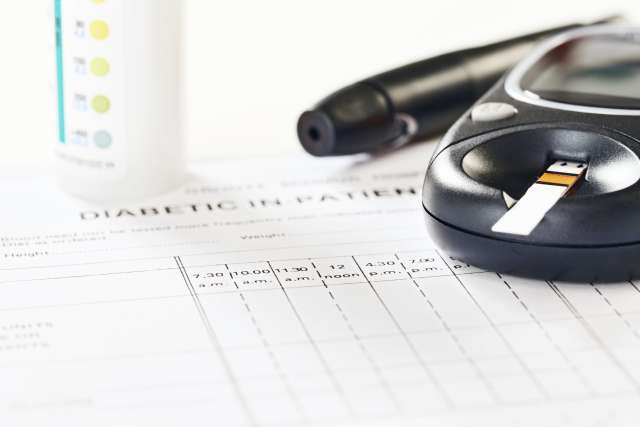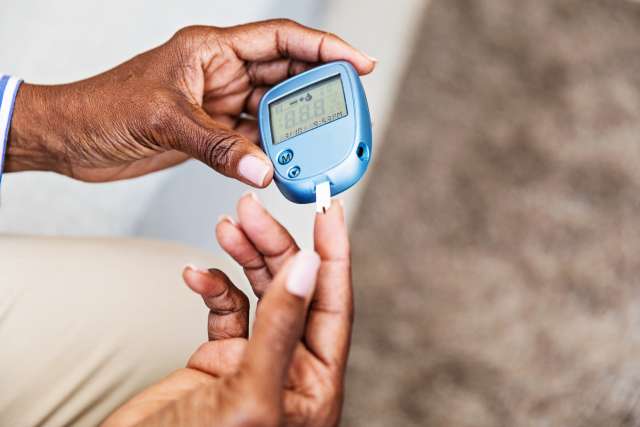Dear Doctors: Type 1 diabetes runs in our family. Because of that, our pediatrician asked to do blood tests with our son to check if Type 1 is beginning. She also said that if it shows up, there’s a medicine that can slow things down. I’ve never heard of any of this and would like to know more.
Dear Reader: Your family pediatrician appears to be acting on the fact that there can be a genetic component in Type 1 diabetes. Certain inherited gene variants are a risk factor for the disease. Studies in families and twins first showed evidence of the role of genetics in Type 1 diabetes. Then, genetic testing identified the gene variations involved.
First, let’s talk about Type 1 diabetes. It is a chronic autoimmune disease that arises when a person’s immune system mistakenly attacks and destroys beta cells in the pancreas, which produce insulin. Before physical symptoms appear, the attack on the pancreas produces a series of metabolic clues. This progression is the presymptomatic, or preclinical, stage of Type 1 diabetes.
In Stage 1, blood sugar levels remain normal. At this stage, blood tests can detect the presence of diabetes-associated antibodies. The antibodies indicate that the immune system is targeting beta cells. In Stage 2, insulin production starts to decrease. Blood sugar levels become abnormal, but not enough to show symptoms. Stage 3 is the onset of Type 1 diabetes symptoms. These include increased thirst, fatigue, frequent urination and unexplained weight loss.
Early diagnosis of Type 1 diabetes allows for early interventions. This now includes the drug teplizumab, the treatment your pediatrician referred to. This is a type of immunotherapy drug, also known by the brand name Tzield. Teplizumab has been found to delay the onset of Type 1 diabetes by about two years. It works by slowing the immune system’s attack on the pancreas, which then delays the onset of Stage 3 of Type 1 diabetes. In clinical trials, treatment led to measurable improvement in insulin production.
As with many immunotherapy drugs, side effects can occur. The most common is a decrease in lymphocyte numbers, seen in more than 70% of patients. Lymphocytes are white blood cells that are important in the immune response. Less commonly, 21% of patients have a decrease in leukocyte numbers, another type of white blood cell. About 10% of patients report headaches as a side effect.
Teplizumab was approved by the Food and Drug Administration in January 2023 for people in Stage 2 of preclinical diabetes. At this time, its use is limited to children over age 8 and adults. Clinical testing is now underway to evaluate the safety and efficacy of teplizumab in younger children.
(Send your questions to [email protected], or write: Ask the Doctors, c/o UCLA Health Sciences Media Relations, 10960 Wilshire Blvd., Suite 1955, Los Angeles, CA, 90024. Owing to the volume of mail, personal replies cannot be provided.)





